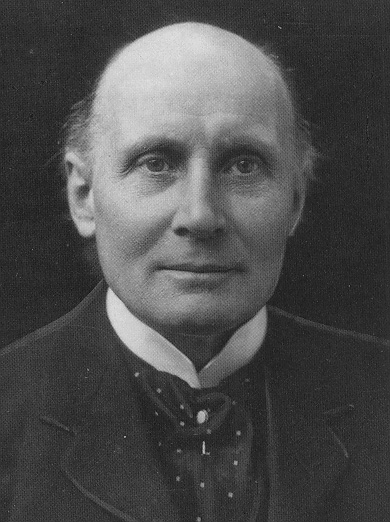
Today is Alfred North Whitehead‘s birthday (1861-1947).
Frye in conversation with David Cayley:
Cayley: Frazer and Spengler, recognizing all their liabilities, were the two people who gave you the key pieces, then. They were not the ones you admired, but the ones who gave you something you could borrow or use?
Frye: Yes, that’s right. It was, again, a matter of looking for what I could use, but not for something to believe in.
Cayley: What about Whitehead and the idea of interpenetration?
Frye: The conception of interpenetration, as I said, I found in Whitehead’s Science and the Modern World. Other people have found it in Mahayana Buddhism and the Avatasaka Sutura. It’s the way of accounting for the fact that the centre is everywhere. Traditionally we’ve always defined God as a being whose centre is everywhere and whose circumference is nowhere. But I would think of God as a being whose centre is everywhere and whose circumference is everywhere too. The opposite of interpenetration, where everything exists somewhere at once, is an objective centrality, which, it seems to me, is a most tryannical conception.
Cayley: Objective centrality–what does that mean?
Frye: In political developments, for example, it’s a matter of an empire getting so big that everything gets centred in Rome or London or New York of Tokyo. That seems to me an anti-cultural direction. In the interpenetrating world every community would be the centre of the world. (CW 24, 933-4)
Three examples off the top of my head: Tunisia, Egypt, and, this week (again), Iran.
Coming soon? The overburdened middle class and the trod-under-foot working poor perhaps reassert their right to everything that has been swindled from them by corporatist greed, lies, and daylight theft — and aided and abetted all the while by a political class who use our votes against our interests.

